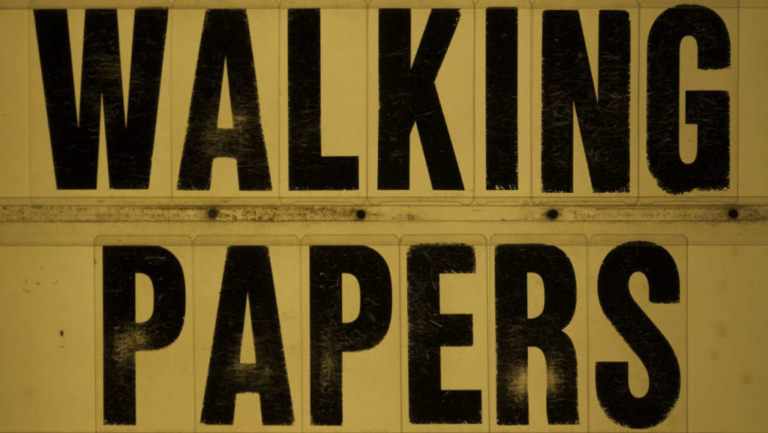

Too many of the other songs are less rewarding, but the album ends in an astonishing moment of recorded intelligence. In this fashion he swoons to be a crippled child (“November Spawned a Monster”), aches to be a gangster (“The Last of the Famous International Playboys”) and is given his walking papers even by the spirits above him (“Ouija Board, Ouija Board”). (Thatcher, the beach-Morrissey can get worked up about anything.) Those who had imagined Morrissey would be adrift without Marr were obviously mistaken.īona Drag is a surprisingly enjoyable collection of singles (“Suedehead” and “Everyday Is Like Sunday” among them) and new tracks in much sharper relief than on Viva Hate is the solo Morrissey maelstrom of imagined grievances, waspish quips and genuine petulance, all coming out on album as a sort of emotional air guitar played at stadium intensity. The effervescent “Suedehead” is as melodically propulsive as anything Marr had provided the singer “Everyday Is Like Sunday,” by contrast, is a shimmering, molten truth attack on the very concept of vacation. “Late Night, Maudlin Street” is just that, with little of the self-deprecating humor or compositional élan of Smiths tracks like “Half a Person.” But the album also gets serious - notably on the savage if unsubtle political attack that is “Margaret on the Guillotine” - and, just to throw everyone off, Morrissey and Street manage to conjure up two thoroughly sublime singles. With Durutti Columnist Vini Reilly taking on the primary guitar responsibilities, this morose affair is filled with Morrissey’s trademark weepy asides, extravagances, posturing and unabashed self-pity. The resulting Viva Hate is neither Morrissey embarrassed nor Morrissey bereft, but it is not quite a serious work, either. After briefly attempting to continue the Smiths without Marr, he began collaborating with the group’s engineer-cum-producer, Stephen Street. His solo work has, naturally enough, been on the English model: occasional albums confused with a blizzard of multi-track and multi-format singles irregularly collected into patchwork albums. Morrissey claims to be a celibate and may even be telling the truth, but that’s a metaphor, too: for the connection that can never really be consummated between fan and star. Well, not disguise, really, for Morrissey’s rampant homoeroticism marks everything the man does, from the cheesecakey album covers and his carefully made-over sidemen to song title after song title (“I Am Hated for Loving,” “Certain People I Know,” “Will Never Marry,” “The End of the Family Line”). Such showboating, however, only serves to disguise the central metaphor of his work. Morrissey is ostentatiously proud of this connection - he speaks about it earnestly in interviews and makes an extraordinary meet-and-greet effort, letting fans hug him with amazing forbearance. Too gentle for grunge, too questioning for pop pabulum, they hear in their love-wounded icon some echo of their own uncategorizable sadness.

That substance rests on a somewhat warped appeal to a certain sensitive segment of disaffected middle-class youth. Yet here we are nearly a decade on Marr is a sideman to other artists and Morrissey, well, Morrissey is a yawping demi-star and a serious wit, still despised and still rather laughable but with curiously persuasive pretensions to substance.

With the demise of the Smiths five years later, hastened by Marr’s inability to cope with the stardom his monstrous partner exulted in, the road ahead was plain: Marr, master of a powerfully recombinant style of rhythm guitar playing - indeed, perhaps the most focused such player in England since Keith Richards - would go on to greatness, and his morose Mancunian sidekick would take his place at the end of a very long list of English eccentrics of interest to no one but themselves. Wags asserted that not since the Who had so formidable a talent been married to such an embarrassing, nay pitiful, lead singer. Johnny Marr discovered Morrissey in 1982, sometime after, one assumes, Steven Morrissey invented himself.


 0 kommentar(er)
0 kommentar(er)
